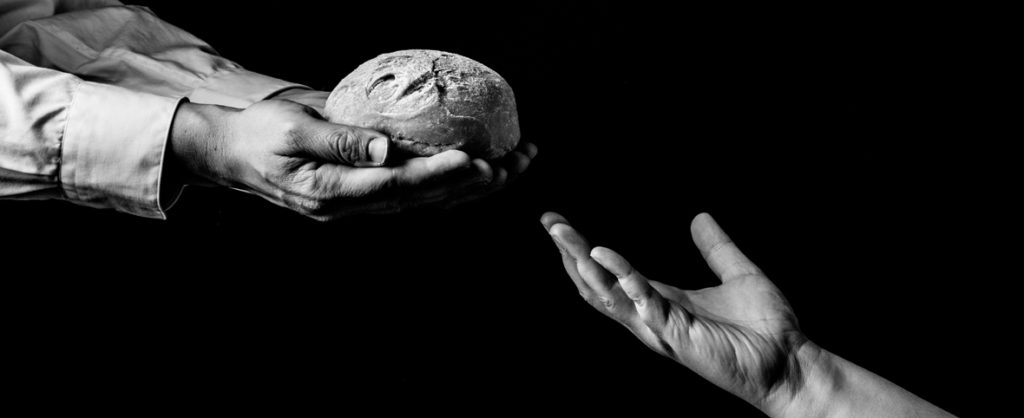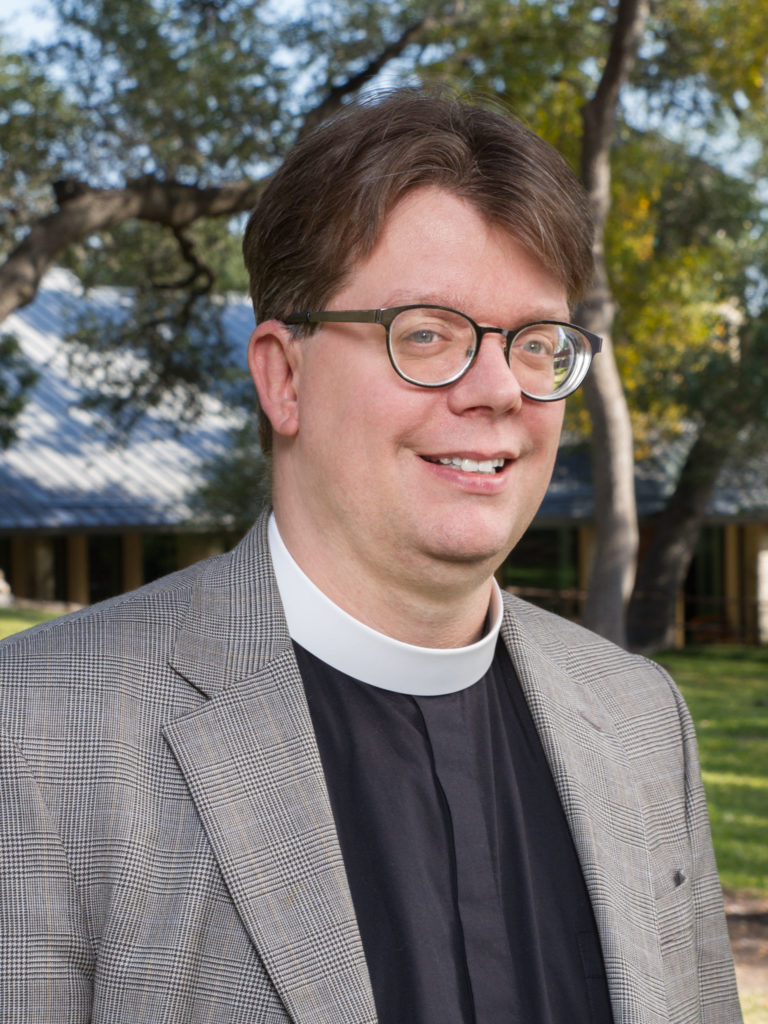
One of the great graces in my life has been learning about Ignatian spirituality. I received my graduate education at Boston College, a Jesuit institution, and this set me up for exploration of the spiritual tradition developed by Ignatius of Loyola in his Spiritual Exercises.
The foundational insights of Ignatian spirituality can be found in the text known as the First Principle and Foundation. It reads:
“God created human beings to praise, reverence, and serve God, and by doing this, to save their souls. God created all other things on the face of the earth to help fulfill this purpose. From this it follows that we are to use the things of this world only to the extent that they help us to this end, and we ought to rid ourselves of the things of this world to the extent that they get in the way of this end. For this it is necessary to make ourselves indifferent to all created things as much as we are able, so that we do not necessarily want health rather than sickness, riches rather than poverty, honor rather than dishonor, a long rather than a short life, and so in all the rest, so that we ultimately desire and choose only what is most conducive for us to the end for which God created us.”
The teachings here are simple but profound. All things are created for human use. The goal for each person is to discern how to use their gifts and resources they discover around them to fulfill their vocation. This vocation is simply to praise God and develop into the person God has created them to be. Anything not useful for one’s vocation ought to be set aside in a spirit of indifference. Whatever state one is in, it ought not to be preferred for another. Rather, one’s current position ought to be used as much as possible to grow in one’s calling. Developing this sort of disposition of indifference in the pursuit of a vocation is both liberating and clarifying. It can be applied in a variety of contexts and life circumstances.
This Ignatian perspective is useful when it comes to stewardship of resources. The spirit of indifference allows us to encounter all that we receive as a gift from God. As a gift, we do not need to hold on to our possessions as something to be hoarded. Rather, they can be looked at as something that can aid us and others in fulfilling God-given vocations. And this also means we do not need to pursue every opportunity to make wealth or achieve status. We are free to choose those things that truly matches our vocations and to pass on those that do not. In this way, we can also divert other resources not of use to us and pass them on for the benefit of others. To do this is to experience the gift of indifference.
The ability to recognize a good and not need to use it for yourself sets us free to make the most of the resources that we do need. In doing so we can experience a deeper sense of gratitude and a recognition that all things truly come from God.
What are the core things in your life that you have experienced as gifts from God?
Have there been moments when you have felt free to pass on resources or opportunities not because they weren’t appealing but because you did not need to use them? What was that like?
This fall, Sowing Holy Question will explore questions of
stewardship, reflecting theologically on practical decisions about
money, possessions, ecology and our connection to God’s creation.

The Rev. Daniel Joslyn-Siemiatkoski, PhD, joined the faculty as the Duncalf-Villavoso Professor of Church History in 2014, having taught for a decade at other Episcopal seminaries. His teaching focuses on integrating Anglican and Episcopal identity with the broader sweep of Christian history and Jewish-Christian relations. His research interests include Anglican and Episcopal history, Jewish-Christian relations ancient and modern, the development of Anglican ecclesiology, and comparative theology. He is the author of The More Torah, The More Light: A Christian Commentary on Mishnah Avot and Christian Memories of the Maccabean Martyrs and has authored chapters in various edited volumes and articles in Anglican Theological Review and Anglican and Episcopal History. Professor Joslyn-Siemiatkoski is a representative for The Episcopal Church in the Anglican-Roman Catholic U.S.A. dialogue group and a member of the board of trustees for the Episcopal Evangelism Society and the Historical Society of the Episcopal Church. He serves as an assisting priest at St. David’s Episcopal Church in Austin.

